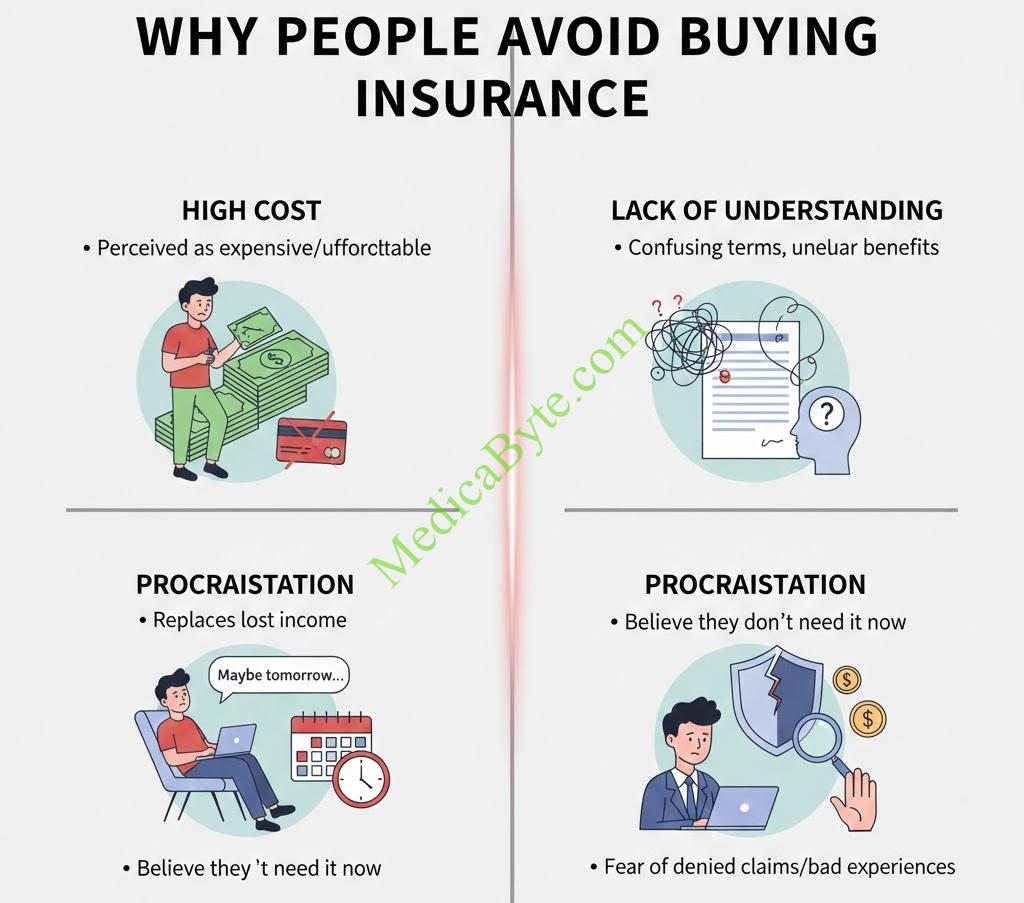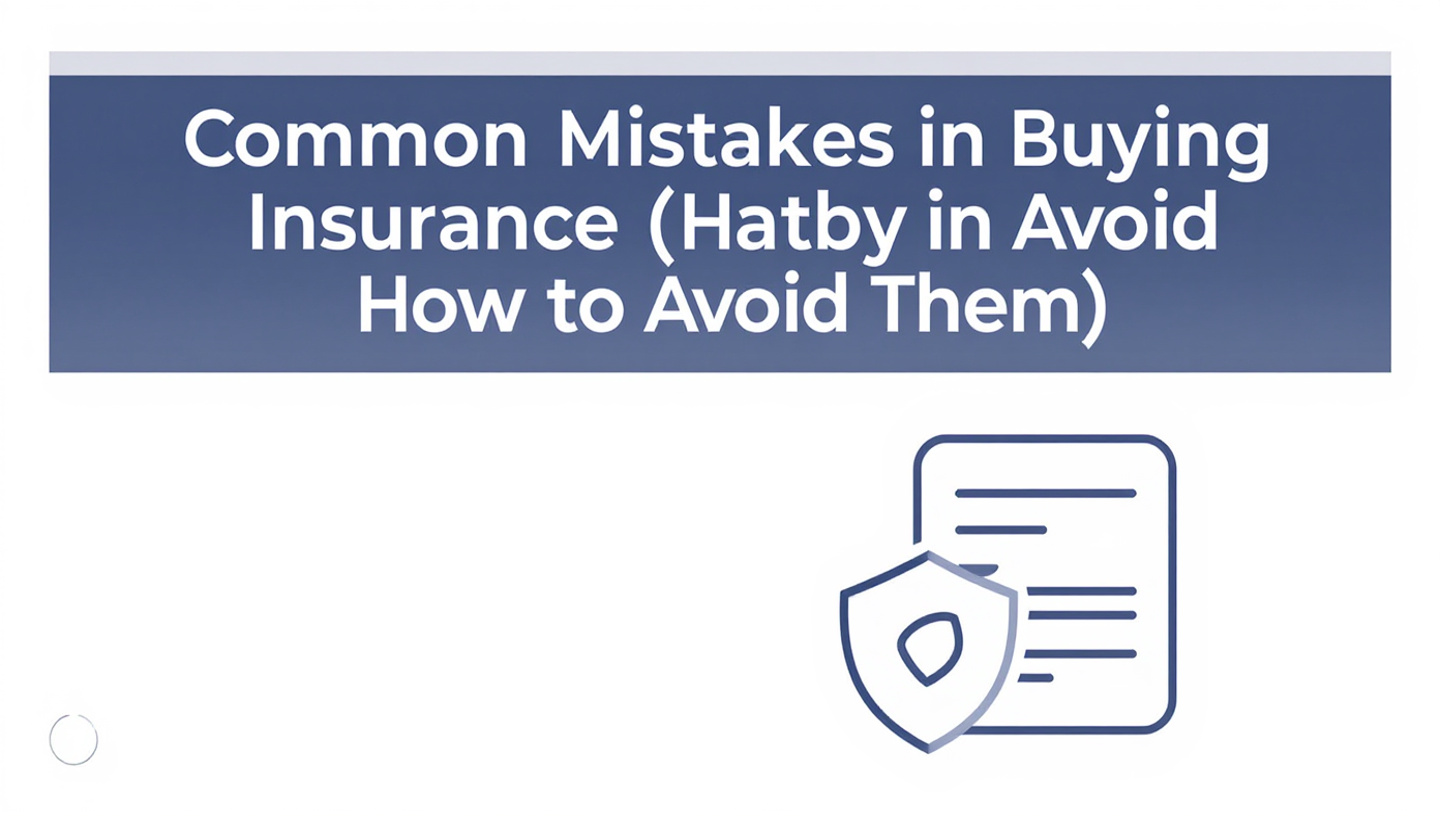Insurance Terminologies Explained Simply
Insurance can sometimes feel complicated because of the technical terms used in policies and contracts. Words like premium, deductible, rider, claim, and exclusion may sound confusing to someone new to insurance. However, understanding these terms is important because it helps you make informed decisions and avoid misunderstandings in the future. In this blog, we will explain common insurance terminologies in simple and easy-to-understand language.
1. Premium
The premium is the amount of money you pay to the insurance company regularly (monthly, quarterly, or yearly) to keep your policy active. Think of it as a membership fee. If you don’t pay the premium, your insurance coverage may stop.
2. Policyholder
The policyholder is the person who owns the insurance policy. For example, if you buy health insurance for yourself, you are the policyholder. If you buy a family plan, you are still the policyholder, but your family members are covered too.
3. Insured / Beneficiary
Insured is the person whose life, health, or property is protected by the policy.
Beneficiary is the person who receives the insurance money (payout) if something happens to the insured. For example, in life insurance, your children or spouse can be beneficiaries.
4. Claim
A claim is a request you make to the insurance company to get the financial benefits of your policy. For example, if your car is damaged in an accident, you file a claim with your car insurance company to cover the repair cost.
5. Deductible
A deductible is the amount you must pay out of your own pocket before the insurance company starts covering the rest. For example, if your medical bill is $1,000 and your deductible is $200, you pay $200 first, and the company pays the remaining $800.
6. Coverage
Coverage means the risks, events, or items that your insurance policy protects. For example, car insurance coverage usually includes accidents, theft, and damage. Anything outside the coverage will not be paid by the insurance company.
7. Exclusion
Exclusions are situations or conditions that the insurance policy does not cover. For example, many health insurance policies exclude cosmetic surgery. It’s very important to read exclusions carefully before buying a policy.
8. Rider / Add-On
A rider is an extra feature you can add to your insurance policy for additional benefits. For example, you can add a rider for critical illness to your life insurance, so if you are diagnosed with a major illness, you get extra coverage.
9. Term
The term refers to the length of time your insurance policy is valid. Some policies are for one year, while others (like life insurance) may last for decades or until the policyholder’s lifetime.
10. Maturity
In policies that combine insurance and savings, maturity means the date when the policy ends and you receive the payout if no claim has been made. For example, in an endowment plan, you get the money at maturity.
Conclusion
Insurance doesn’t have to be complicated. Once you understand the basic terms like premium, claim, deductible, coverage, exclusion, and rider, you can easily read and compare policies. Knowing these terminologies will help you select the right insurance plan, avoid confusion, and ensure financial security for yourself and your family.
Remember: always read the terms of your policy carefully and ask your insurance advisor to explain anything unclear. Insurance is not just about protection—it’s about being informed and confident in your decisions.














